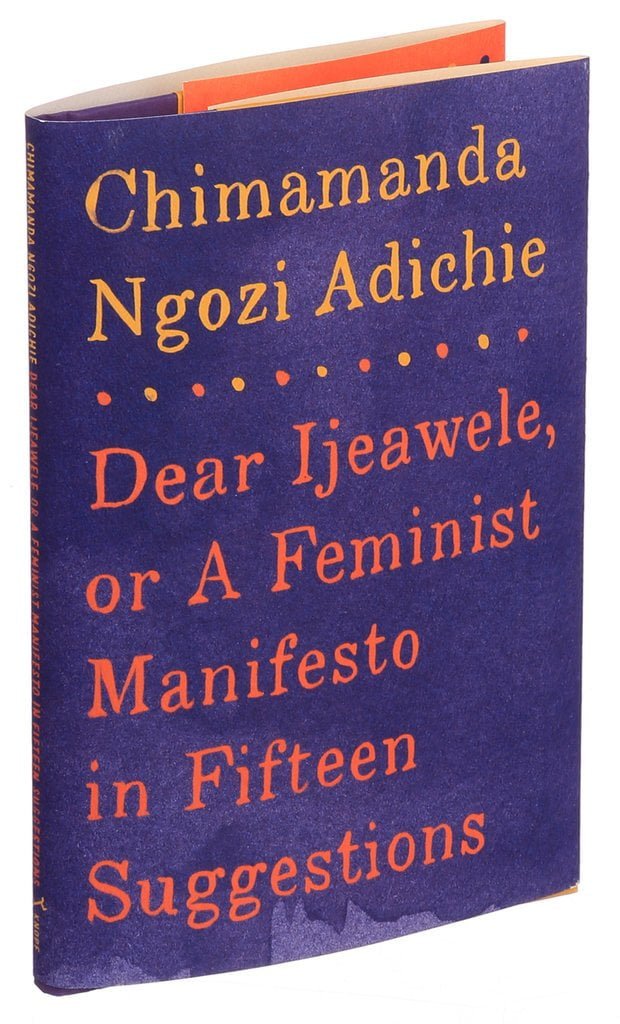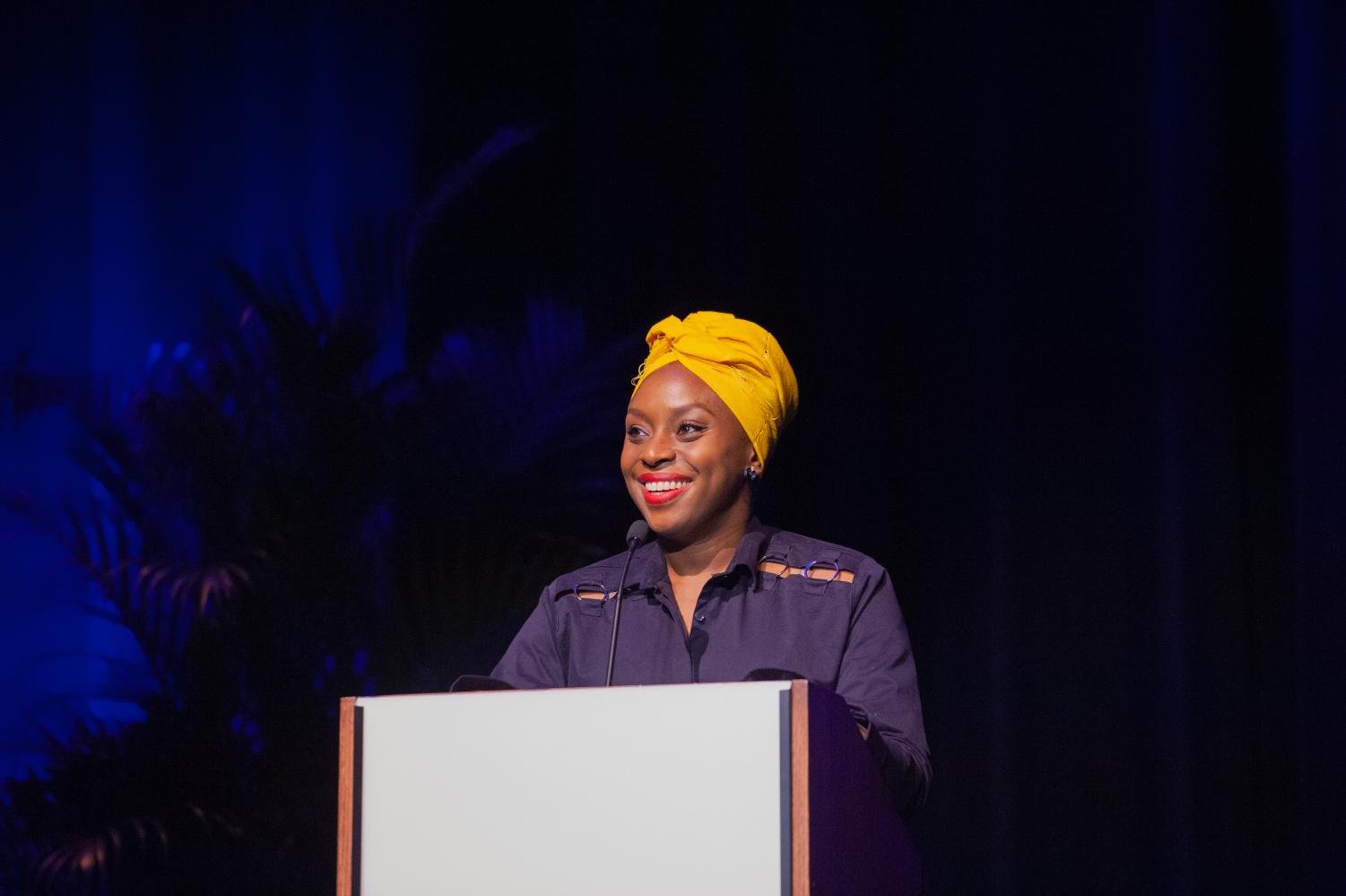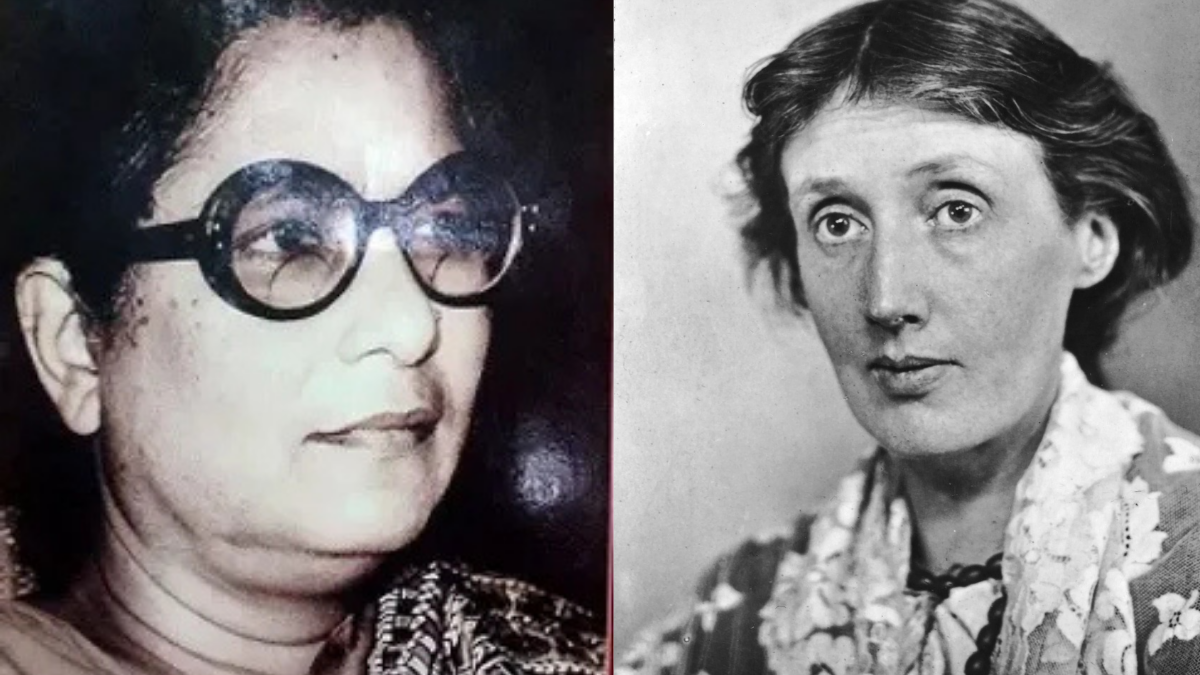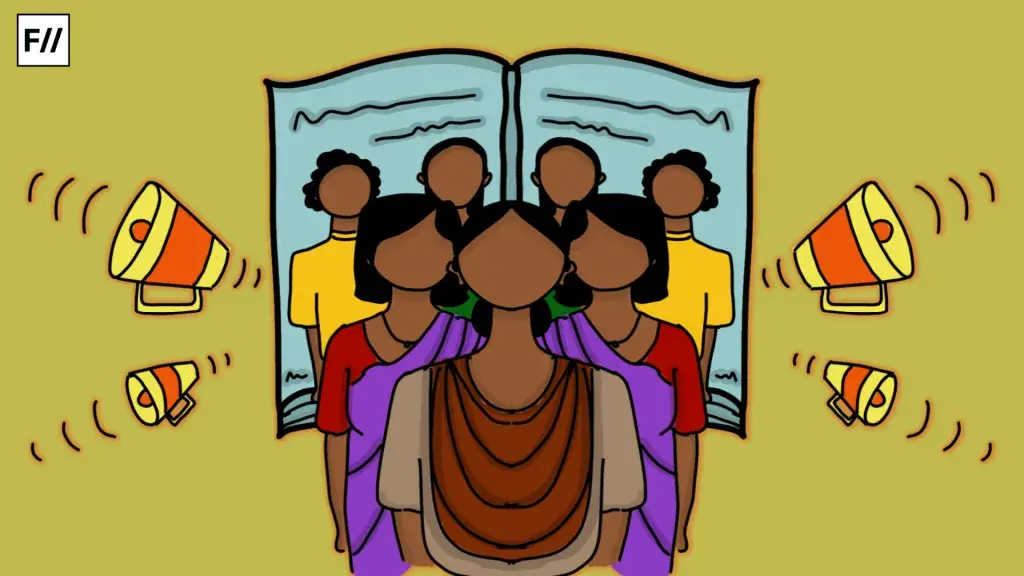People fear feminism and its consequences, because so deep-rooted are patriarchal ideas in human minds, with the centuries of conditioning we have undergone as a species, that they believe it something to be detested, something hateful and better avoided if one is to be happy in society. On a personal note, just the other day, I heard a close family member say that being feminists in this world is a recipe for unhappiness, disaster and women can lose out on the joys of life, like marriage and companionship and even a great career, if they hold on to rage and their men-hating tendencies. I was left appalled at that conversation not only because of the amount of ignorance one must have to make statements like these but also at the sheer misunderstanding people have about feminism and what it means to be a feminist, which, while being many different things to different people, is certainly not equivalent to being a misandrist.
In her acclaimed book ‘We Should All be Feminists’, Chimamanda Ngozi Adichie says that according to her a feminist “is a man or a woman who says, yes, there’s a problem with gender as it is today and we must fix it, we must do better. All of us, women and men, must do better.” That is exactly how it should be because society needs to unshackle itself from its age-old ties to inhumane patriarchal beliefs.
Adichie and the Feminist Manifesto
Chimamanda Ngozi Adichie, the award winning Nigerian writer, and lecturer, is understood to be one of the most notable of African feminist voices in our present times and she has, whether through writing or other forms of activism, always advocated for better representation of various cultures, an acceptance of differences, and the increasing need for true empowerment of women. One of her recent works that address all of the above and more, is her book titled “Dear Ijeawele, or A Feminist Manifesto in Fifteen Suggestions” published in the year 2017.
Raising children is one of the most significant responsibilities a human being can take up in their lifetime because along with joy, it also comes loaded with numerous challenges and to raise a good human being is no easy task, especially in a world where patriarchy has a stronghold over our minds, lives and experiences. In the preface to the book, “Dear Ijeawele, or A Feminist Manifesto in Fifteen Suggestions“, Adichie explains how she was asked by her dear friend Ijeawele to suggest ways on how to raise her daughter a feminist and that is how the book came to be; an honest letter to a dear friend with recommendations regarding how to raise a feminist daughter, a book with an in-depth insight into not only Adichie’s own political views but the systems at work at large in the world in these present moments that is constantly and actively shaping our living experiences.
Also read: Chimamanda Ngozi Adichie And Her Feminist Activism Through Storytelling
Adichie writes about what it can mean to be a feminist in the 21st century, with its technology, its advancements in talking about sexuality, and its subtle perpetrators of patriarchy, even more insidious than the more visible ones. It is important because guiding a child’s worldview, their perspectives in their early formative years is what can ensures a more equal world in the future where women’s lives would no longer need to be engulfed by shame and subjugation in relation to patriarchy’s domination.
The long letter
The name of Adichie’s book might seem a bit intimidating. After all it is claiming to be a feminist manifesto. But surprisingly, never once is Adichie’s book didactic, or claims for words and advice to be set in stone. Her tone is warm, she is as much talking about raising a daughter, as she is delving into what it means to be a mother, a person who is not just a sacrificial entity aiming towards nothing else but the good lives of her children, but a living, complex being who is learning and surviving along the way with several ups and downs of her own. Through the letter, she is almost conversing with her friend, and she talks about motherhood, not in idealistic, absolute terms but with the important thought in mind that it is “easy…to dispense advice about raising a child when you are not facing the enormously complex reality of it yourself.” The lived reality is different to idealistic manifestos and no amount of advice can even prepare a parent for what is to come. This is why, Adichie, throughout reiterates upon going with your gut and what feels good to one as a mother driven by love.

Adichie, in the book, also talks a lot about gender roles and how girls shouldn’t be brought up in ways that conform to gender roles because it ingrains in them ideas of subjugation. Women should never ever be taught to be submissive or subservient to the male species and should stay away from the ideas of feminism lite. This book, also delves into problems of white feminism, how to overcome them, the relevance of community, culture and the importance of having independent opinions and an independent voice. Children should be taught to question societal norms and language that seem wrong to them and create their own sense of identity.
Also read: Book Review: Americanah By Chimamanda Ngozi Adichie, The Politics Of Writing About Love
To Adichie, being a good person and being a feminist are not mutually exclusive to each other and neither are these terms defined in black and white binaries. Nuances of experiences are to be expected and accepted. Through a very simple writing, this short piece of nonfiction by Adichie, tackles difficult topics and comes out triumphant as it focuses on humanity and creation of a list of all those important points which will, from an early period itself, free girls from shame, guilt and instead liberate them and make them aspire for things other than marriage or stereotypical gender roles constructed by patriarchy. In this age of growing accessibility to technology and globalization, which can spread enormous misinformation, Adichie’s book is extremely significant for feminist movement which can shape powerful women for society’s betterment and progress.
About the author(s)
Sayeri Biswas recently graduated with a bachelor’s degree in English from St. Xavier’s College, Kolkata. Whether it’s philosophically
contemplating life or gushing about the most recent book/series she has indulged in, she is always up for a deep conversation. Literature is the great love of her life, and in the future, she hopes to continue talking about all art forms as passionately as she thinks
about them.




